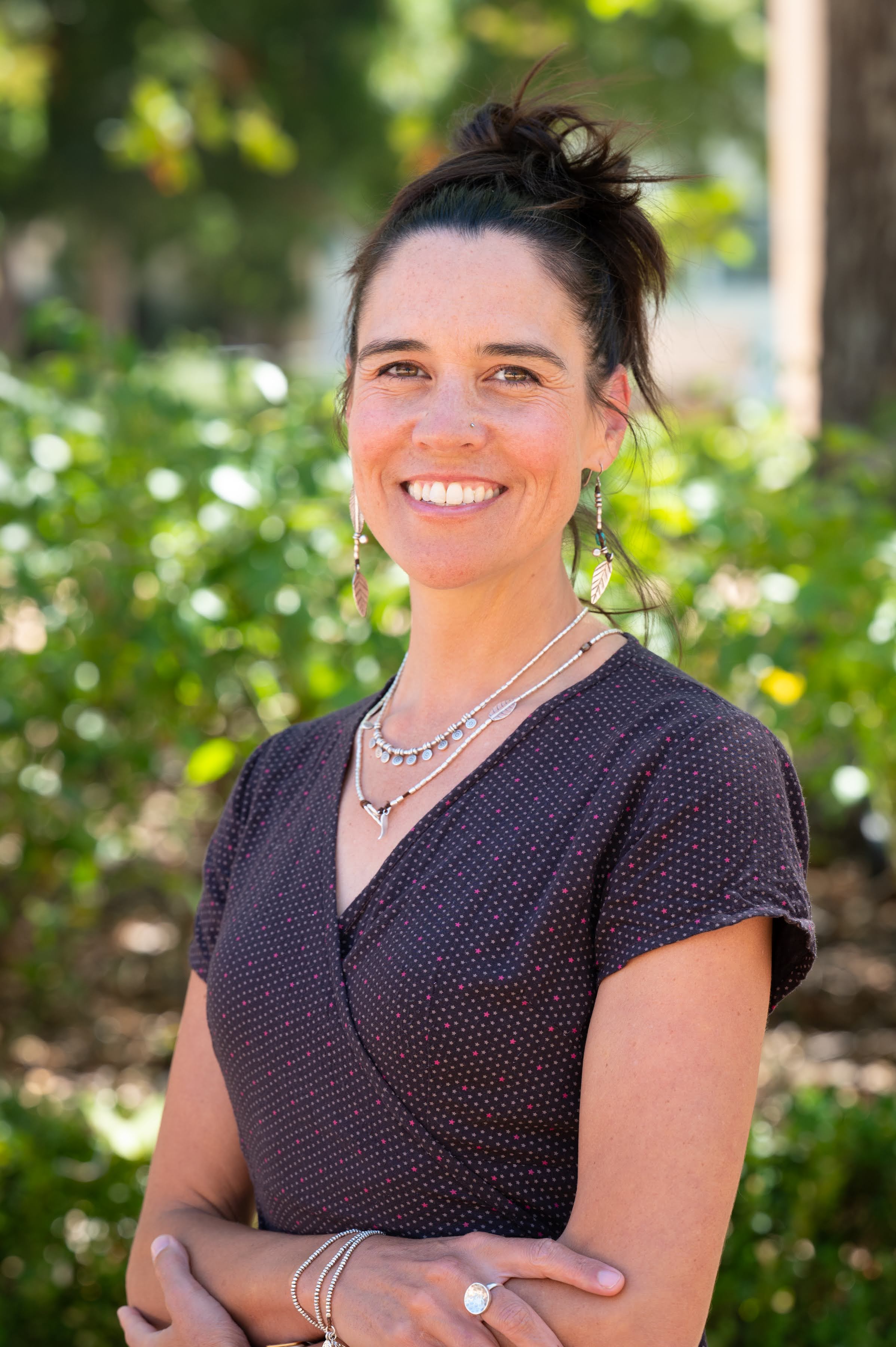
Fields of Research (FoR)
Environment policy, Conservation and biodiversitySEO tags
Biography
I am a researcher and educator seeking to reimagine a better and more just world for all species. I’m here to share knowledge, assist with social science research design and improve social data literacy
I am eager to work with new collaborators who are interested in:
• committing to transformational change
• thinking outside the box and rejecting the status quo, including unhelpful social constructs
• innovating with social...view more
I am a researcher and educator seeking to reimagine a better and more just world for all species. I’m here to share knowledge, assist with social science research design and improve social data literacy
I am eager to work with new collaborators who are interested in:
• committing to transformational change
• thinking outside the box and rejecting the status quo, including unhelpful social constructs
• innovating with social science methods
• challenging power structures and improving justices for all species
I am available to collaborate on research projects, support government with research design and administration and supervise Honours, Masters and PhD students. Ph.D. scholarships are available for high-achieving students (with H1/High Distinction in UG and/or Masters by Research) under my supervision.
If any of this interests you, see more here: drkatiemoon.com.au, or get in touch katie.moon@unsw.edu.au
My Qualifications
Doctor of Philosophy @ James Cook University
Master of Environmental Management @ University of Queensland/University of British Colombia
Bachelor of Science (Environmental) with First Class Honours @ Monash University
My Research Activities
My research focuses on three main interrelated themes with a focus on justice, inclusion and innovation
Innovating with social science methods
This research theme focuses on thoughtful and meaningful application of social science methods. Combining a diversity of research methods, including social network analysis, mental modelling, complex system modelling, perception matrices and integrated mixed methods design, I seek deeper insights than can be gained from using individual methods alone. My approach emphasises collaborative solutions that respond directly to the research context.
Recent or highly cited conservation publications
A guide to understanding social science research for natural scientists
A guideline to improve qualitative social science publishing in ecology and conservation journals
Using Multiple Methods to Understand the Nature of Relationships in Social Networks
Advancing critical and relational research
This research theme applies a critical lens, drawing on theories like political ecology and postcolonialism to expose power dynamics and historical inequalities within conservation efforts. Relational theory plays a key role, emphasising the interconnectedness of humans with/as nature. By critically examining these relationships, it becomes possible to develop more just and sustainable approaches to protecting Earth’s biodiversity.
Recent or highly cited stewardship publications
Inclusivity via ontological accountability
Unearthing assumptions and power: A framework for research, policy, and practice
Safeguarding life on Earth
This research theme explores the challenges of biodiversity preservation and protection. Political ecology sheds light on power dynamics and the influence of economic forces on land-use decisions. Social psychology and cultural anthropology contribute by exploring the motivations, values, and knowledge systems of private landholders. These fields inform commons management to understand the potential for collective action among landholders. By critically examining these social and cultural dynamics, it becomes possible to develop innovative and equitable strategies for protecting biodiversity.
Recent or highly cited social science publications
Citizen science participant motivations and behaviour: Implications for biodiversity data coverage
Please get in contact with me if you would like copies of any of these manuscripts and visit my Google Scholar profile page for more publications: https://scholar.google.com.au/citations?hl=en&user=Hke8LxUAAAAJ&view_op=list_works&sortby=pubdate
My Research Supervision
Supervision keywords
Areas of supervision
I am available to supervise in the areas of:
- Private land conservation
- Relational conservation research
- Social science method innovation
- Critical theory in conservation
Currently supervising
- Patrick Lucas
- Penney Wood
- Zoe Ford
My Teaching
ZBUS8210 Critical Analysis in Business: Post Graduate Masters (online mode)